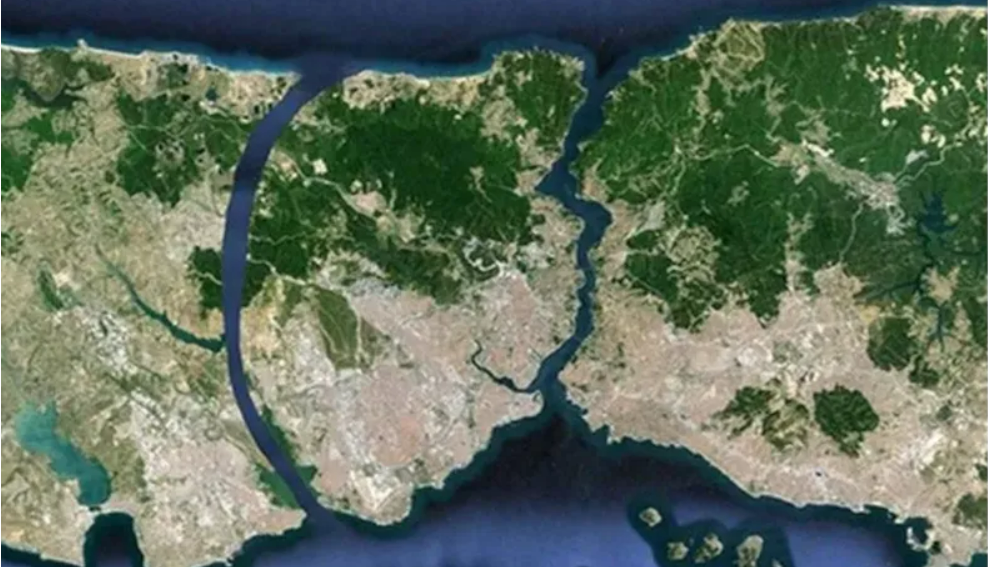Turkey’s Council of State, the highest administrative court in the country, has canceled a railway project tender held within the framework of the controversial Kanal Istanbul project.
The ruling concerns the tender organized for the proposed underground railway tunnel connecting Halkalı and Ispartakule.
In its ruling, the court said that the use of the negotiated tendering procedure (“pazarlık usulü” in Turkish) was “unlawful” as it led to problems of transparency and competition, according to reporting by Deutsche Welle’s Turkish service.
On June 28, 2021, the Transportation and Infrastructure Ministry held the tender for the construction of the proposed railway line through a negotiated procedure, citing the urgency of the project as “immediate.”
The ministry invited nine firms for the tender, five of which gave a bid. The tender was won by Gülermak-Yapı and Yapı-Taşyapı partnership for a price of 3.1 billion Turkish Liras. One of the firms then took the decision to a local court, saying that bids should have been submitted under the open tendering procedure.
The case was eventually taken to the Council of State which canceled the local court’s decision. It said that the deadline to finish the project was 1,170 days, which is why it did not have an urgency level as indicated by the ministry and which is why the negotiated tendering procedure was not needed.
There are three types of tender procedure in Turkey: open tender, restricted tender and negotiated tender. The open tender is the most common procedure and allows all qualified tenderers are allowed to submit their bids. The negotiated tendering procedure, on the other hand, is applied in specific circumstances such as “immediate” situations.
Kanal Istanbul project is a proposed marine way linking the Marmara and Black Seas through the outskirts of Istanbul that opposition and environmental protection groups vehemently oppose. President Recep Tayyip Erdoğan has made it a capstone project of the ruling Justice and Development Party (AKP), while experts say that it will lead to an environmental “massacre.”
Duvar English
